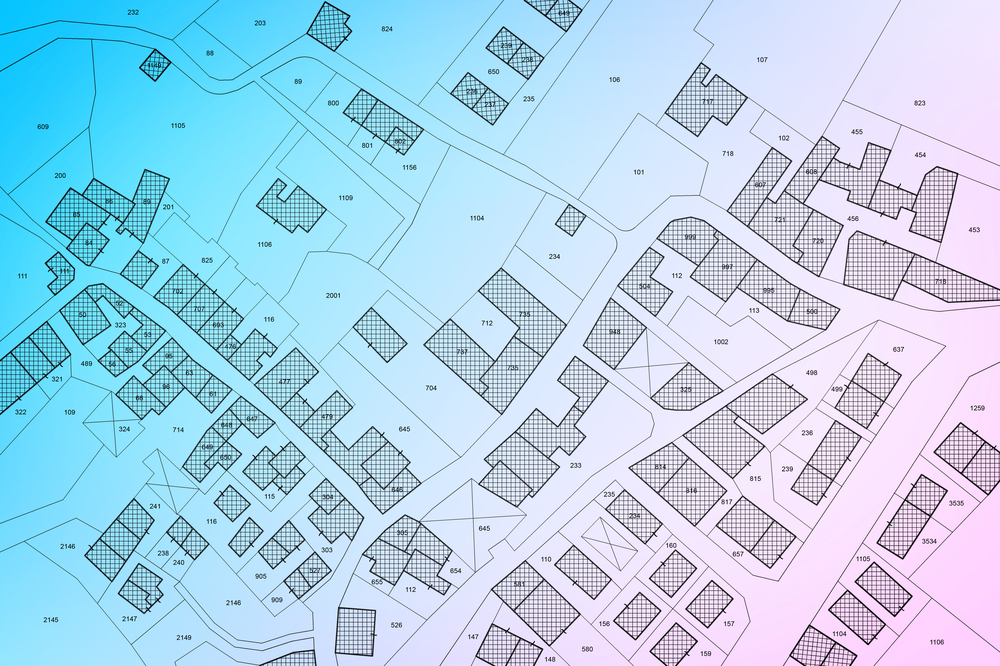
Zoning regulations are enacted on a municipal level to dictate how land within a specific area can be used and developed, and these rules can profoundly impact the investment climate of a neighborhood, from what types of businesses are allowed to the scale and design of the buildings they can construct.
State laws provide the framework for local governments to implement zoning, and these local zoning codes address land use considerations:
Separation of Uses
Zoning seeks to ensure compatibility between different types of land use, such as residential, commercial, industrial, and agricultural.
Density and Development Standards
Zoning ordinances regulate the intensity of development through factors such as Floor Area Ratio (FAR), building setbacks, lot coverage, and height restrictions.
Environmental Considerations
Zoning in some areas might incorporate regulations to protect natural resources, manage stormwater runoff, or mitigate potential environmental risks.
Historic Preservation
Glen Cove has specific zoning tools to protect historic buildings and districts, imposing controls on renovations or new development.
Zoning Impacts on Buyers
Restrictions on New Builds
The zoning code divides the city into different districts, and each district has its own set of permitted uses. For example, a district zoned for residential use would normally only allow for the construction of single-family homes or apartments. A district zoned for commercial use would usually allow for the construction of stores, offices, and other commercial businesses.
When a potential buyer is considering a commercial real estate purchase in Glen Cove, obviously they must first determine the zoning designation of the property. This will tell them what types of businesses are allowed to operate on the property.
Nonconforming Uses
In addition to permitted uses, zoning laws also address nonconforming uses. A nonconforming use is a use of land that does not comply with the current zoning code. For example, if a property was zoned for residential use after a commercial business had already been built on the property, the commercial business may be able to stay but would be considered a nonconforming use.
Nonconforming uses are generally allowed to continue operating, but they are not allowed to expand or reduced. If a nonconforming use is destroyed, it cannot be rebuilt. In some cases, a nonconforming use can be converted to a conforming use if it meets certain criteria.
Permits
Another important aspect of zoning laws is the requirement for a permit before any construction can take place. This permit is issued by the Planning Board, which reviews site plans to ensure that they comply with the zoning code. The Planning Board also considers the impact of a proposed development on traffic, parking, and other factors.
This is just the tip of the iceberg when it comes to how zoning might influence your commercial purchase. Before you commit too far, be sure to contact us at Chiariello & Chiariello in Glen Cove and through the NYC area for help, so your transaction will go smoothly.



